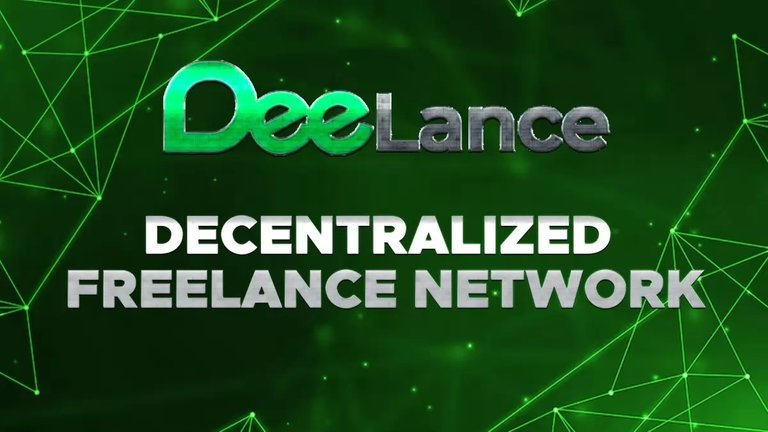
The gig economy has transformed the way we work, with freelancing becoming a popular choice for both professionals and businesses. However, these traditional freelancing platforms often come with their own set of challenges, such as high fees, lack of transparency, and limited control over work. Entering a decentralized freelancing platforms powered by blockchain technology is a game-changer that promises to reshape the gig economy as we know it.
Decentralized freelancing platforms leverage the power of blockchain technology to create transparent and efficient marketplaces. Blockchain acts as the underlying infrastructure, ensuring trust, security, and immutability of data. These platforms enable direct peer-to-peer interactions, removing the need for intermediaries and providing freelancers and clients with unprecedented control over their work relationships.
The Decentralized platforms offers some benefits to the Freelancers:
° Eliminating Intermediaries: Decentralized platforms cut out middlemen, reducing fees and allowing freelancers to retain a larger portion of their earnings.
° Increased Autonomy: Freelancers gain autonomy and control over their work, setting their own terms and conditions without interference.
° Global Reach: These platforms offer access to a global client base, expanding opportunities for freelancers to find work regardless of their geographical location.
° Enhanced Security and Transparency: Blockchain's immutable nature ensures secure transactions and transparent reputation systems, fostering trust among freelancers and clients.
So does the Decentralized platformsbenefits the Clients:
° Access to a Diverse Talent Pool: Decentralized platforms provide clients with access to a wider range of skilled professionals from across the globe, increasing the chances of finding the perfect match for their projects.
° Efficient Matching: Smart algorithms and reputation systems enable quick and accurate matching of freelancers to specific projects, saving time and effort for clients.
° Streamlined Payments: Blockchain-based platforms facilitate seamless and transparent payment processes, reducing transaction costs and eliminating delays.
° Trust through Smart Contracts: Smart contracts automate project agreements and ensure compliance, minimizing disputes and building trust between clients and freelancers.
Decentralized freelancing platforms have the potential to address many of the challenges faced in the gig economy. By removing intermediaries, facilitating direct communication, and fostering peer-to-peer collaborations, these platforms empower freelancers and clients alike. They also introduce decentralized governance models, giving freelancers a voice in platform decision-making. With increased trust, transparency, and control, the gig economy could experience a significant shift in power dynamics and redefine the way work relationships are formed.

While decentralized freelancing platforms hold immense promise, they are not without challenges. Scalability and performance issues of blockchain technology need to be addressed to ensure smooth operations at scale. Additionally, user experience, adoption barriers, and regulatory considerations pose challenges to widespread implementation. Overcoming resistance from traditional platforms is also crucial to drive the adoption of decentralized alternatives.
Decentralized freelancing platforms have the potential to reshape the gig economy, empowering freelancers and clients with greater control, security, and efficiency. As blockchain technology continues to mature, we can expect these platforms to evolve and overcome current limitations. The future of work is decentralized, and embracing these innovative solutions will lead us toward a more inclusive and empowering gig economy.
Embrace the revolution, join the decentralized freelancing platforms, and unlock a new era of work possibilities✊✊✊.